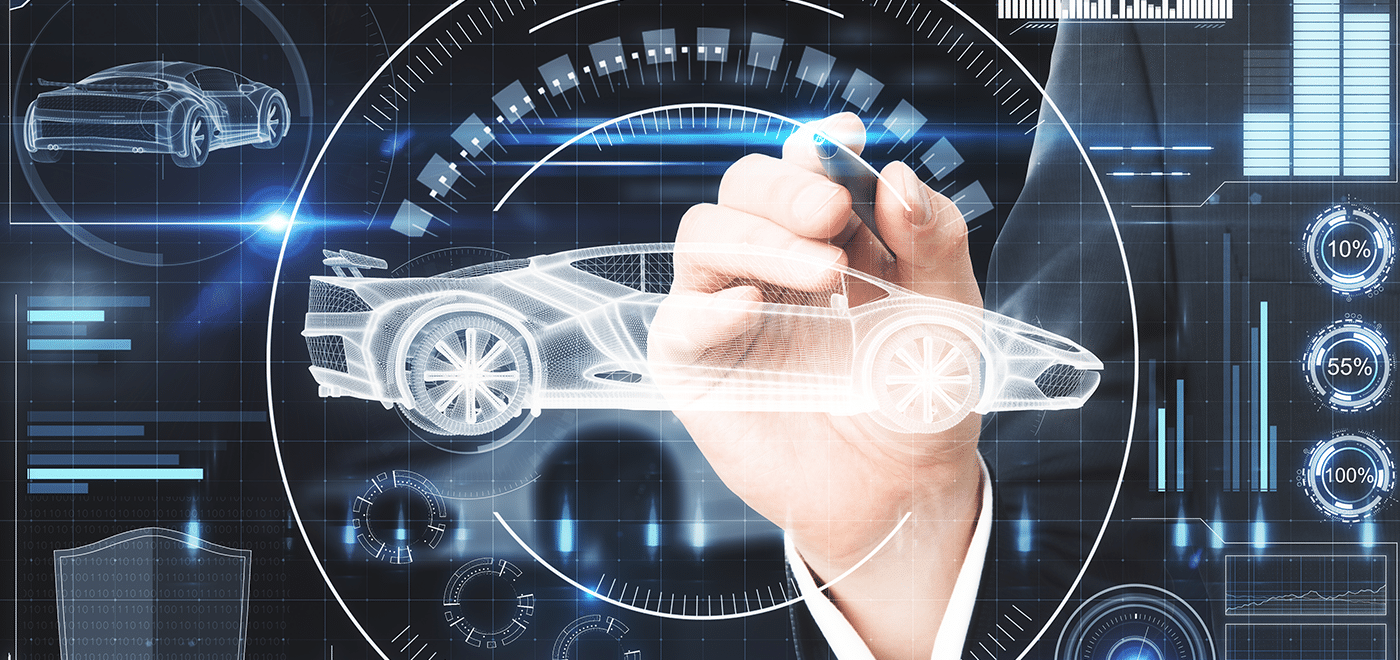
Although the automobile sector has always been a catalyst for innovation, current developments in technology have fundamentally changed its environment. As cars develop from straightforward means of transportation into intricate digital ecosystems, incorporating state-of-the-art technologies has emerged as crucial to sustainability and competitiveness. Modern cars are being developed to satisfy new standards of efficiency, safety, and user experience, from smart connections and artificial intelligence to electric and autonomous vehicles. These developments impact supply chains, infrastructure, and customer behavior, redefining not only the production and operation of automobiles but also the mobility ecosystem as a whole. The most important technological developments that are presently influencing and directing the automotive sector are examined below.
The Rise of Electric Vehicles
One of the most significant technological developments in the automobile industry is the rise of electric vehicles. Automobile manufacturers are making significant investments in electrification due to the global push for sustainability and tighter environmental restrictions. EVs are now more economical, efficient, and able to go farther thanks to developments in battery technology, such as lithium-ion and solid-state batteries. The transition is being aided by incentives, subsidies, and increased charging infrastructure from governments across the globe. This change is being spearheaded by firms like Tesla, Rivian, and more established automakers like Ford and Volkswagen. Electric technology is also transforming commercial transportation, including large trucks and delivery vans, in addition to passenger automobiles.
Advanced Driver Assistance Systems (ADAS) and Autonomous Driving
Autonomous driving is another significant technological advancement in the automotive sector. The goal of developing self-driving cars is to improve transportation efficiency and eradicate human error, which is the main cause of traffic accidents. Many automobiles today come equipped with Advanced Driver Assistance Systems (ADAS), including adaptive cruise control, automated emergency braking, lane-keeping assistance, and parking automation, even if completely autonomous vehicles are still being tested. To sense their surroundings and make judgments in real time, these systems use a variety of sensors, cameras, radar, and LiDAR. The AI-driven software that drives these intelligent systems is being pioneered by companies such as Waymo, NVIDIA, and Mobileye.
Innovation in Materials and Sustainable Manufacturing
As technology advances in the automotive sector, sustainability has emerged as a key concern. Manufacturers are looking for innovative ways to make the entire production process more ecologically friendly, going beyond electrification. In order to decrease vehicle weight and increase energy efficiency, advanced materials like carbon fiber composites, recycled polymers, and lightweight alloys are being used. Digital twins and automation are reducing waste, improving production processes, and guaranteeing exact quality control. Also, using practical vibration analysisprocesses, manufacturers can boost their production more than they can imagine. Furthermore, top automakers are adopting circular economy principles, which involve recycling and reusing resources.
The Internet of Things (IoT) and connectivity
One of the most distinctive features of the contemporary automobile experience is connectivity. Automobiles are becoming a part of an interconnected digital ecosystem rather than being standalone devices. Vehicles can interface with infrastructure, cloud-based systems, and one another via the Internet of Things (IoT) to improve consumer ease, safety, and performance. These days, features like over-the-air software updates, predictive maintenance alarms, and real-time traffic updates are standard. Additionally, smart cities and connected cars can communicate, allowing for intelligent traffic management and congestion reduction. Driving is now a customized digital experience thanks to infotainment systems with Apple CarPlay or Android Auto.
Big Data Analytics and Artificial Intelligence
Big data and artificial intelligence (AI) are transforming the way automakers plan, build, and maintain automobiles. AI is essential to all phases of the automotive development process, from improving in-car systems that adjust to driver behavior to streamlining production processes using predictive analytics. For instance, machine learning systems can evaluate enormous volumes of sensor and user data to enhance performance, fuel economy, and navigation. Additionally, AI-powered solutions help with quality control by identifying manufacturing flaws early on to guarantee increased safety standards.
Rapid technical advancement and changing societal priorities are driving one of the most revolutionary periods in the history of the automotive industry. To succeed in this new era, one must constantly adapt, work together, and invest in infrastructure and research. The automotive industry will continue to lead innovation as technology develops, not just influencing future mobility but also altering how people progress.

